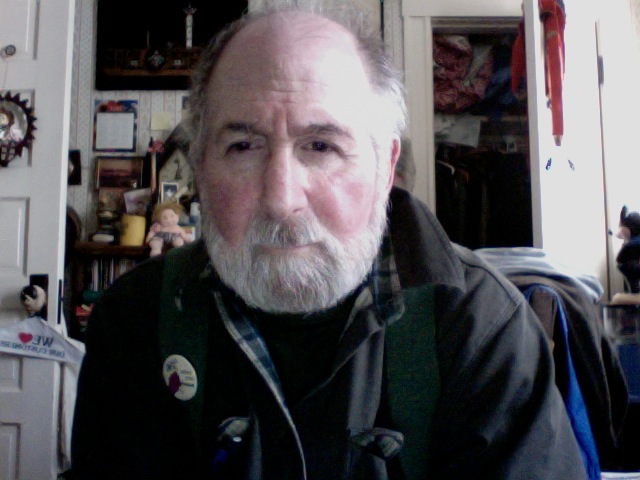It astounds me how much controversy exists about prescribing opiates for pain. The fact is that opium-based prescriptions are by far the best painkillers around. When pharmaceutical companies make opiates, they make regulated doses. There are no surprise overdoses, unless the patient takes more than is prescribed.
Does this happen? Well, human nature being what it is, there are people prone to addiction. For the most part, though, people prescribed opiate painkillers are generally responsible when it comes to taking the right amount.
All we hear about in the news is how bad the heroin crisis is. This might be true, but the people who use heroin to get high would be doing that anyway. The great majority of people with extreme chronic pain take their opiates as prescribed. If their physician has done his or her job, the patient is made aware of the dangers of overdose and abuse.
Opium and opioid-related painkillers are the best painkillers for severe pain on the market. Nature—or perhaps God—knew what it was doing when it developed the opium plant for pain. Minor painkillers such as acetaminophen, aspirin, and ibuprofen are exactly as described: minor painkillers with extremely dangerous side affects—including the eating away of the lining of the digestive system, among other side affects.
The only dangerous side effect of opiates is addiction, which is never a problem unless the drug is not taken as prescribed. Also, when taken as prescribed, to make the pain bearable, opium-based drugs won’t cause a person to become intoxicated.
Only when people take more than they need of an opium-based drug does a person get high. There are some exceptions—in the case of cancer and severe post-operative pain: the patient may get woozy. Usually, in these two cases, the patient is under constant care and will not be operating dangerous machinery or driving a car.
By making it more difficult for people who need prescription opiates to get them, the authorities end up driving people to the streets to obtain what they need. Pharmaceuticals on the streets are extremely expensive, which is why most people who are forced to the streets to obtain them turn to heroin.
Unfortunately, in most cases, the people who put together the doses of heroin are not professionals and that’s what causes the danger of overdose. One bag of heroin may look the same as another, but the potency of the chemical could be twice as strong.
The only safe heroin is heroin made by pharmaceutical companies, and this is not the case in the United States. By making pharmaceutical opiates difficult to obtain for patients who need them and who don’t abuse them, the authorities may as well be doing a business transaction in favor of the drug cartels, which make heroin for addicts on the street.
Fewer pharmaceuticals on the street equals more drug cartel heroin on the street because heroin is cheaper than pharmaceuticals. The drug cartels still make a whopper of a profit because opium is the perfect product. For one thing, it never goes bad over time. Archaeologists once found extremely high-quality opium hidden inside the pharaohs’ tombs in the Egyptian pyramids. Did the archaeologists try the opium? You’ll have to ask them; I’m just giving the facts.
So what is the answer to the problem of heroin on the streets? Certainly not eliminating pharmaceuticals on the street. The drug cartels love it when pharmaceuticals are difficult to obtain.
Most people who take opiate-based drugs take them because they need them and not a drop of the drug ends up on the street. I’m not quite sure what’s causing the problem, but I am sure that there are answers for people suffering from the illness of addiction. Certain drugs—Suboxone, for example—eliminate the craving for heroin and stop people getting high. I’m not here to argue which treatment is more effective for addiction; I’m only saying that we can treat this problem in a much more humane manner than we currently do.
We certainly don’t need to deprive people who truly need opiate painkillers. That idea is just bizarre. I know people who need strong painkillers who use them and don’t abuse them. I’m not going to support a system that punishes people in pain because other people have the illness of addiction.
One day, before you shuffle off this mortal coil, you may find yourself in a position of needing opiates to make your pain bearable. I hope not, but if you do, you’ll understand what I’m talking about.
